
Qian Peiyuan (second left) poses with members of the Hong Kong branch of the Southern Marine Science and Engineering Guangdong Laboratory (Guangzhou). (CHINA DAILY)
However, it was not all plain sailing for Cheng, who joined the voyage during the COVID-19 pandemic.
After leaving Hong Kong, she underwent 14 days' hotel quarantine in late March before entering the mainland. She then spent several days completing a series of checks to see whether she was in good health for the mission. In addition, all members of the expedition underwent several rounds of testing for COVID-19 before departing.
The departure time and date were also adjusted several times due to outbreaks of the disease in Guangdong province in March and April, but the research ship eventually left Dongguan on May 17.
Dozens of marine scientists were aboard, mostly from the mainland. To make the best use of time, and to allocate the limited amount of equipment such as ROVs, Cheng and other scientists worked in turns for a few hours, or even a whole day.
For example, conducting an underwater operation with an ROV counted as a single turn, which usually took four to eight hours. "The longest turn I worked was just over 24 hours, and I then rested for a day before going for the next turn," Cheng said.
Her work often began after sunset. She said that at night, the temperature on the ship — especially the deck — is lower, which creates a better environment to preserve deep-sea samples.
Seasickness and irregular working hours challenged Cheng mentally and physically, but she persevered with her work.
"Without the nation's support, I would not have been able to join the expedition and carry out oceanographic research, which gives me a better understanding of deep-sea creatures and the ocean environment," Cheng said.
The ocean and organic marine life were not the only things that Cheng got to know better. During the trip, she was impressed after being told of the presence of Chinese naval stations on nearby islands. "That made me feel safe throughout the journey," she said.









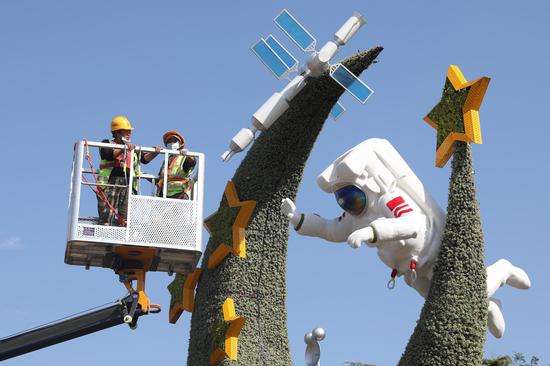

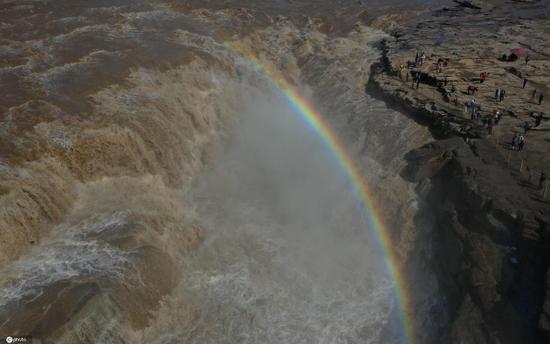
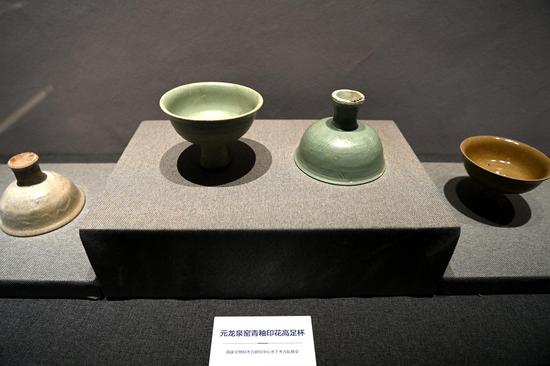
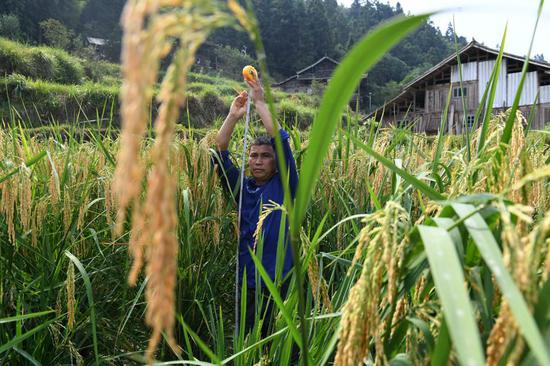



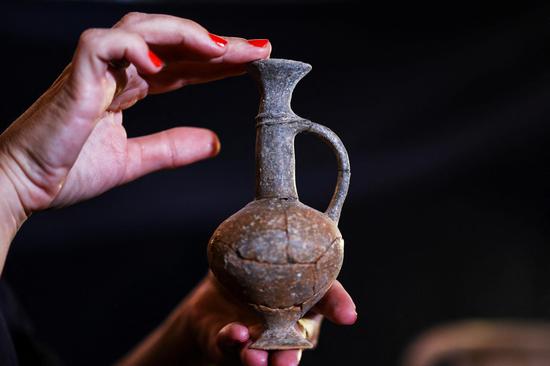
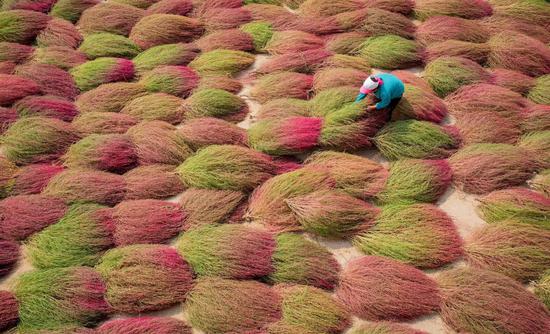



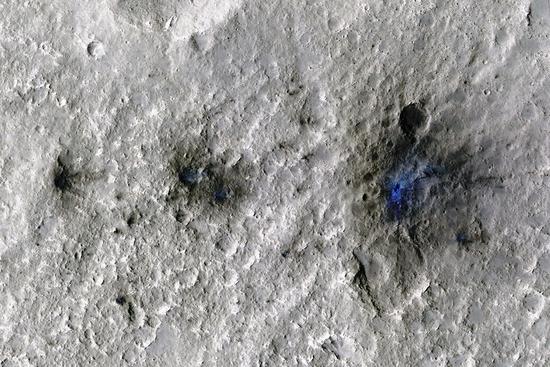
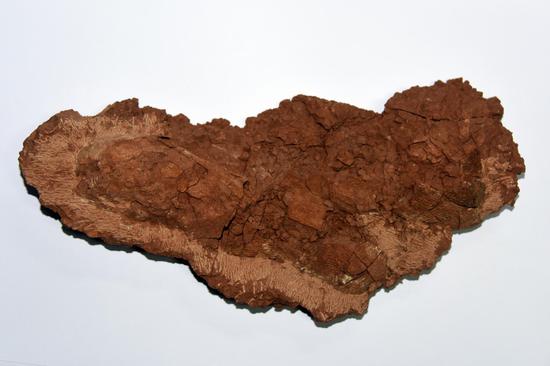
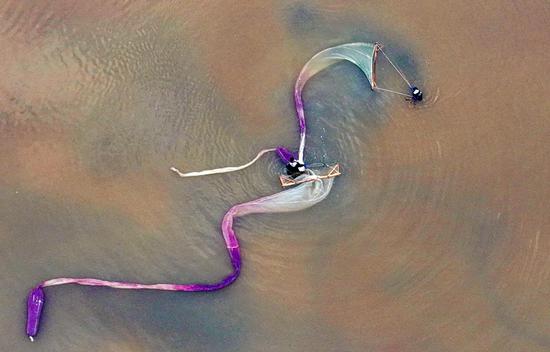
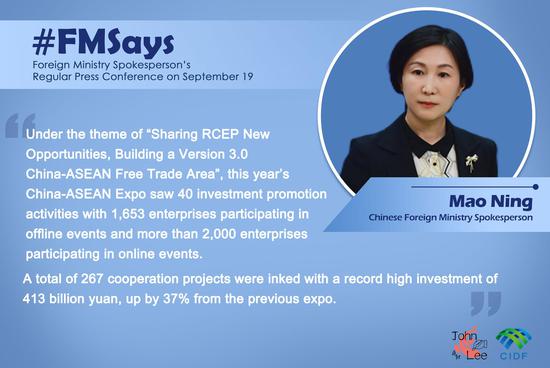
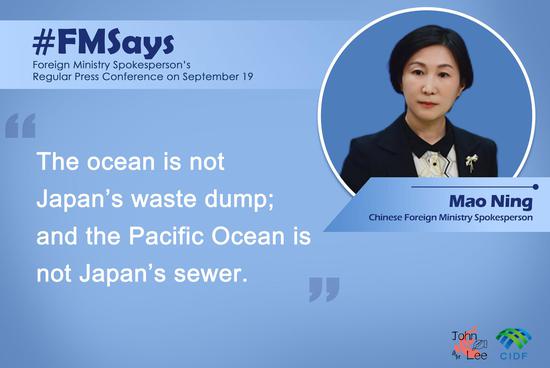
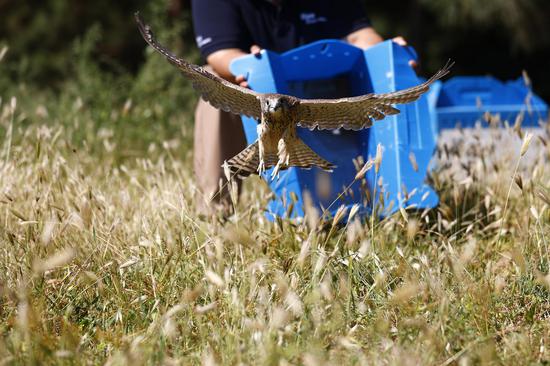
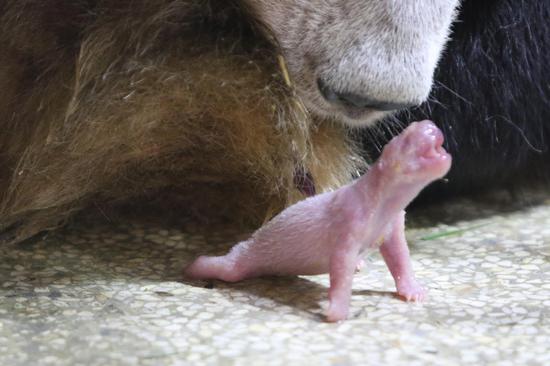

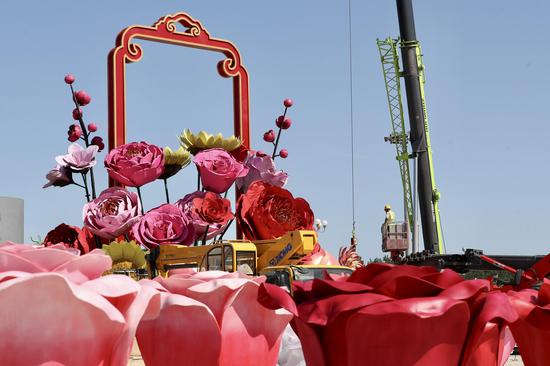


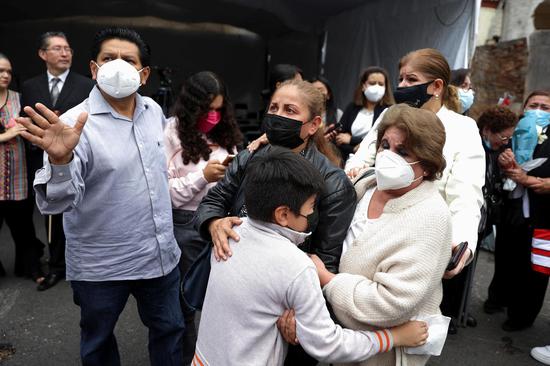

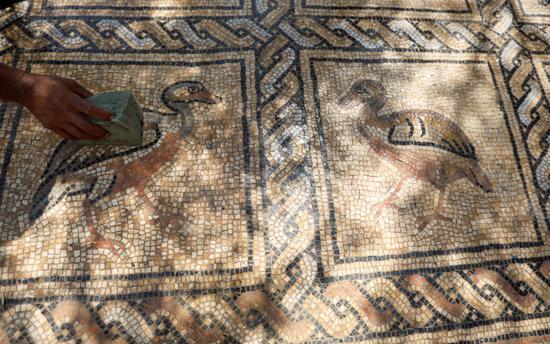
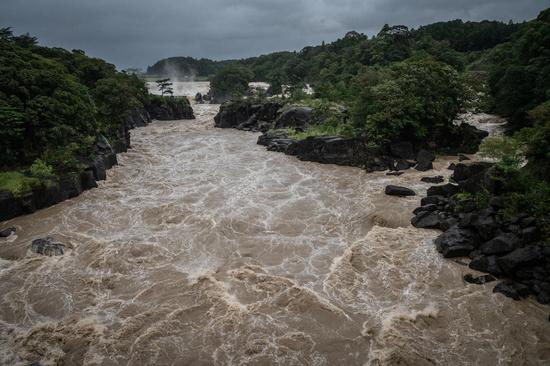

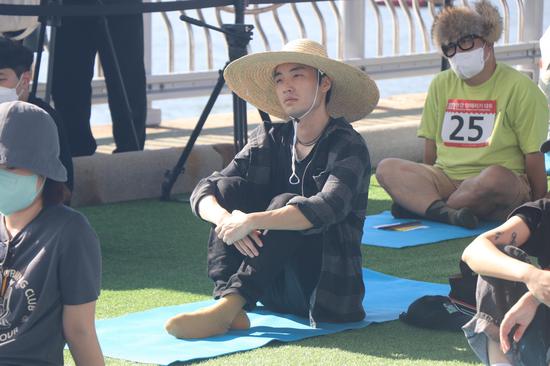

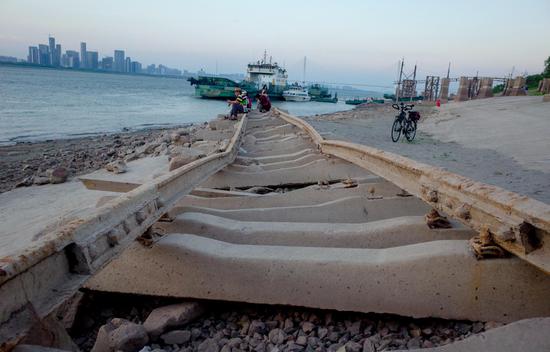


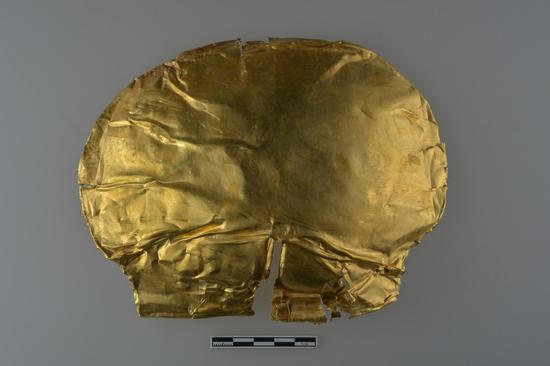
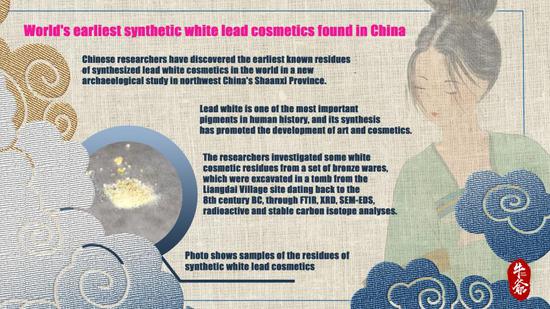





 京公网安备 11010202009201号
京公网安备 11010202009201号